The Federal Government recently announced its plans to grant a fully valid operating license to the Dangote Petroleum Refinery, which boasts an impressive capacity of 650,000 barrels per day. This declaration was made during the Stakeholders’ Consultation Forum on Midstream and Petroleum Host Community Development Trust Regulations held in Abuja by the Nigerian Midstream and Downstream Petroleum Regulatory Authority.
Although the NMDPRA had previously awarded a pre-commissioning license to the $20 billion Dangote refinery, it is now preparing to issue a complete operating license to the facility in the near future. The refinery, which was officially inaugurated by former President Muhammadu Buhari in May 2023, has already commenced supplying Automotive Gas Oil, commonly known as diesel, to the local market from April of this year. However, the release of Premium Motor Spirit, also known as petrol, is still pending.
During the forum in Abuja, Chief Executive Farouk Ahmed of the NMDPRA assured industry players and stakeholders that the authority is moving swiftly to finalize the issuance of a full operating license for the Dangote refinery. He mentioned that currently, only three refineries in total possess valid licenses, with the Dangote refinery poised to join this select group upon receiving its full commission.
A significant number of gas facilities across the country already hold valid licenses, with additional facilities in various stages of processing. The downstream sector also registers substantial compliance, highlighted by a total of 1,199 downstream facilities with valid NMDPRA licenses and over 176 operators possessing gas import permits.
Moreover, the NMDPRA granted licenses to 130 depots and 69 coastal vessels, while the agency has overseen the licensing of 9,464 retail outlets as of April 30, 2024. These numbers underscore the comprehensive regulatory oversight within the oil sector, ensuring licensing compliance and adherence to industry standards.
Ahmed emphasized the critical role of host communities in the midstream and downstream segments of the oil sector, stressing that the regulations are designed to address environmental concerns and minimize impacts such as emissions and effluence. The stakeholders’ forum served as a platform for exchanging ideas and suggestions to enhance the relationship between the NMDPRA and host communities, ultimately facilitating more effective and responsive regulatory practices within the industry.

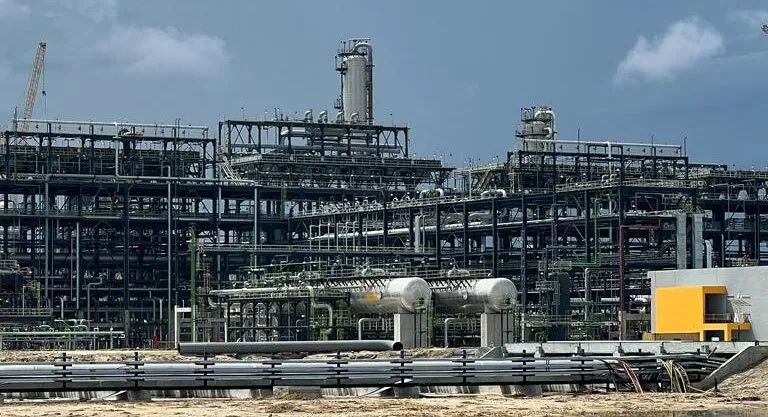




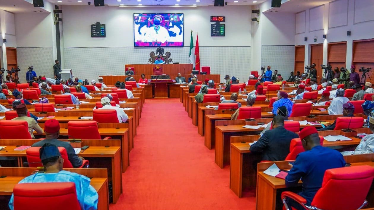
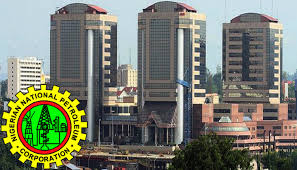
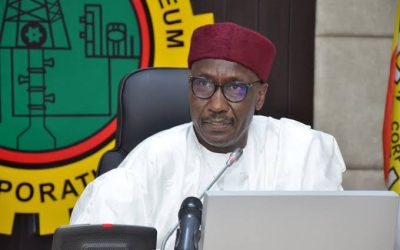


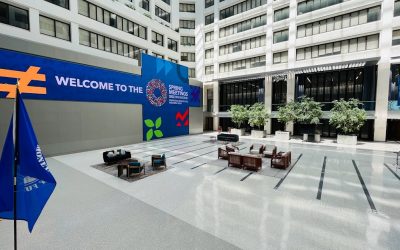
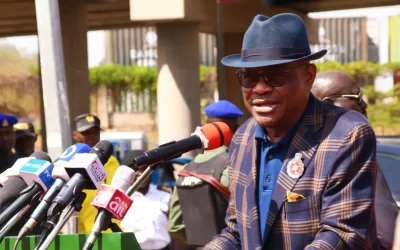

0 Comments